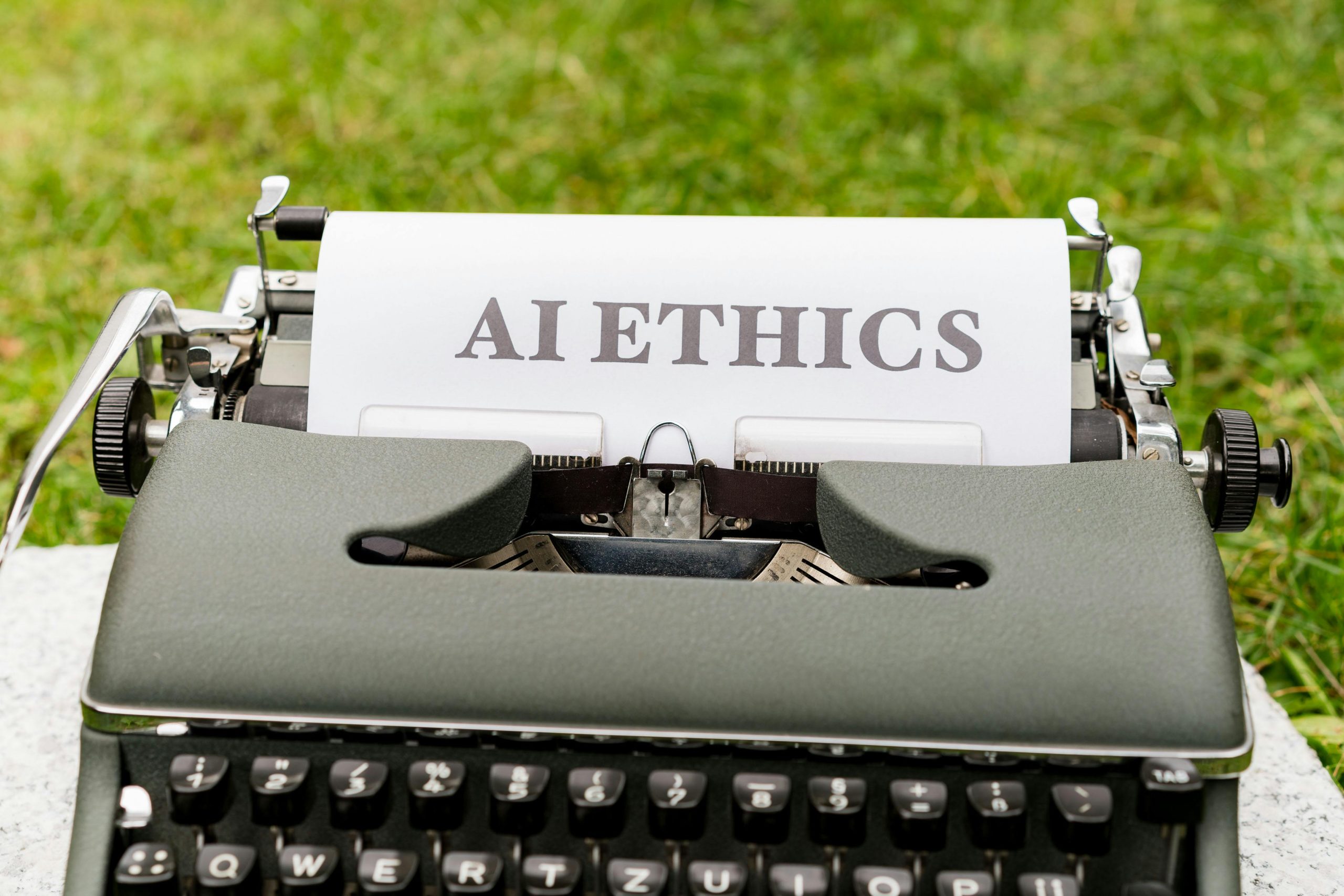The Intersection of Ethics: Should We Focus on AI or Humanity?
In today’s rapidly evolving technological landscape, the question of ethics has surfaced prominently, often centered around artificial intelligence. However, a deeper inquiry beckons: Should we shift our ethical focus from just AI to the very humans behind its creation?
With the proliferation of AI technologies and their growing influence in various sectors, it’s crucial to assess how ethical frameworks can guide not only the development of these systems but also the motivations and behaviors of the individuals who create and deploy them.
In recent news, we’ve witnessed both the remarkable advantages and alarming drawbacks of AI, highlighting a fundamental issue: when we discuss the ethics of AI, are we forgetting the ethical responsibilities of humans? Should the discourse on ethics not first ground itself in our own actions and accountability?
AI, after all, reflects the intentions and biases of its creators. It operates based on the data it is trained on, which is curated by humans with their own ideals and ethical standards. If we neglect to apply ethical scrutiny to human actions and decisions, we may find ourselves inadvertently crafting an uncertain future where accountability is cast aside.
As we navigate this exciting yet concerning frontier, it is imperative to ensure we prioritize ethical considerations in both realms—acknowledging the dual responsibility of developing AI that aligns with our moral values while also cultivating a society where human ethics are paramount.
In summary, the dialogue surrounding ethics should not only encompass AI but also challenge us to reflect critically on our own ethical standards and the implications of our choices. The future of technology—and by extension, humanity—depends on our ability to intertwine these two critical dimensions. Let’s ensure that while we advance in technology, we do not lose sight of what it means to be human at the core.

